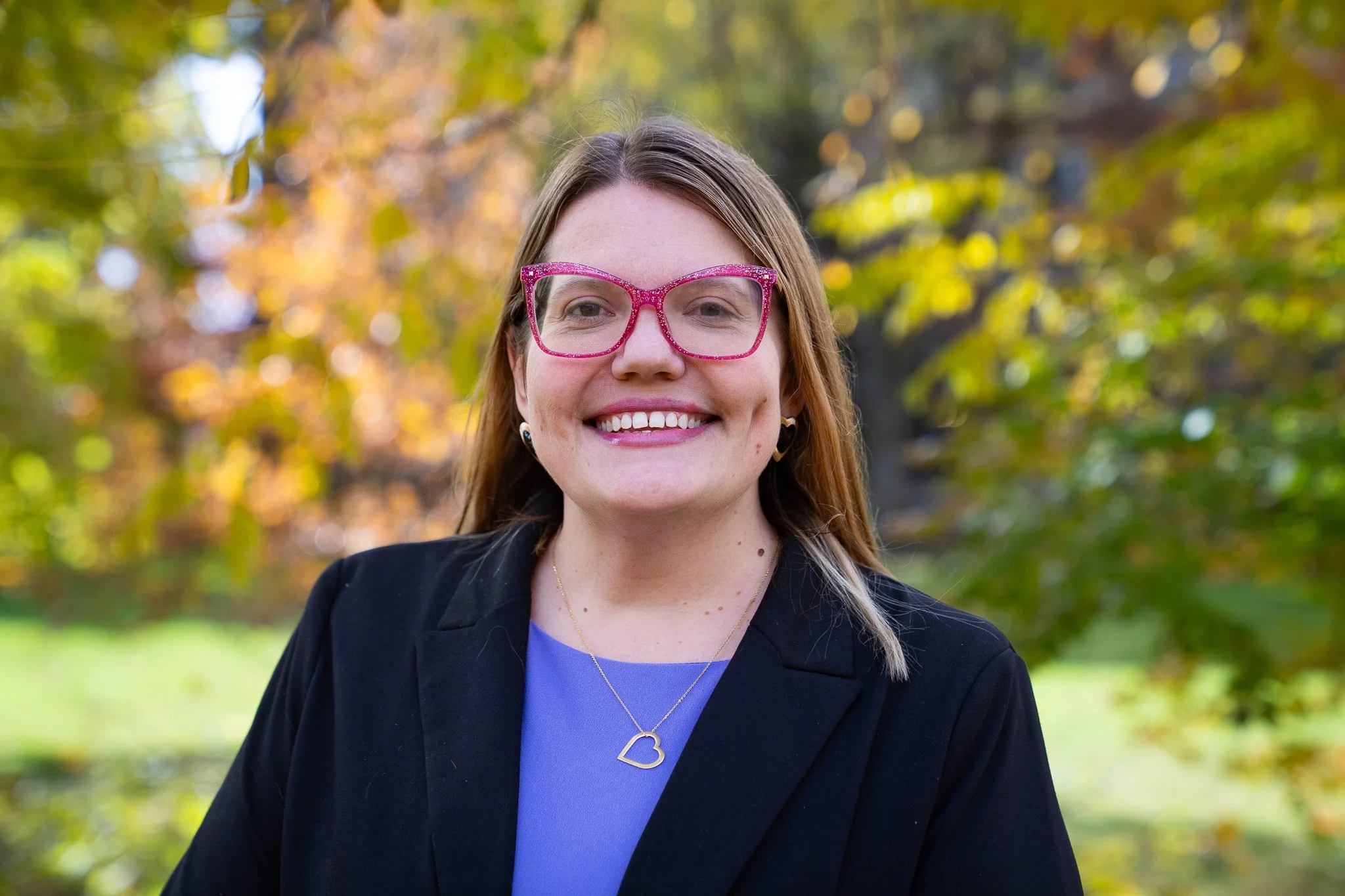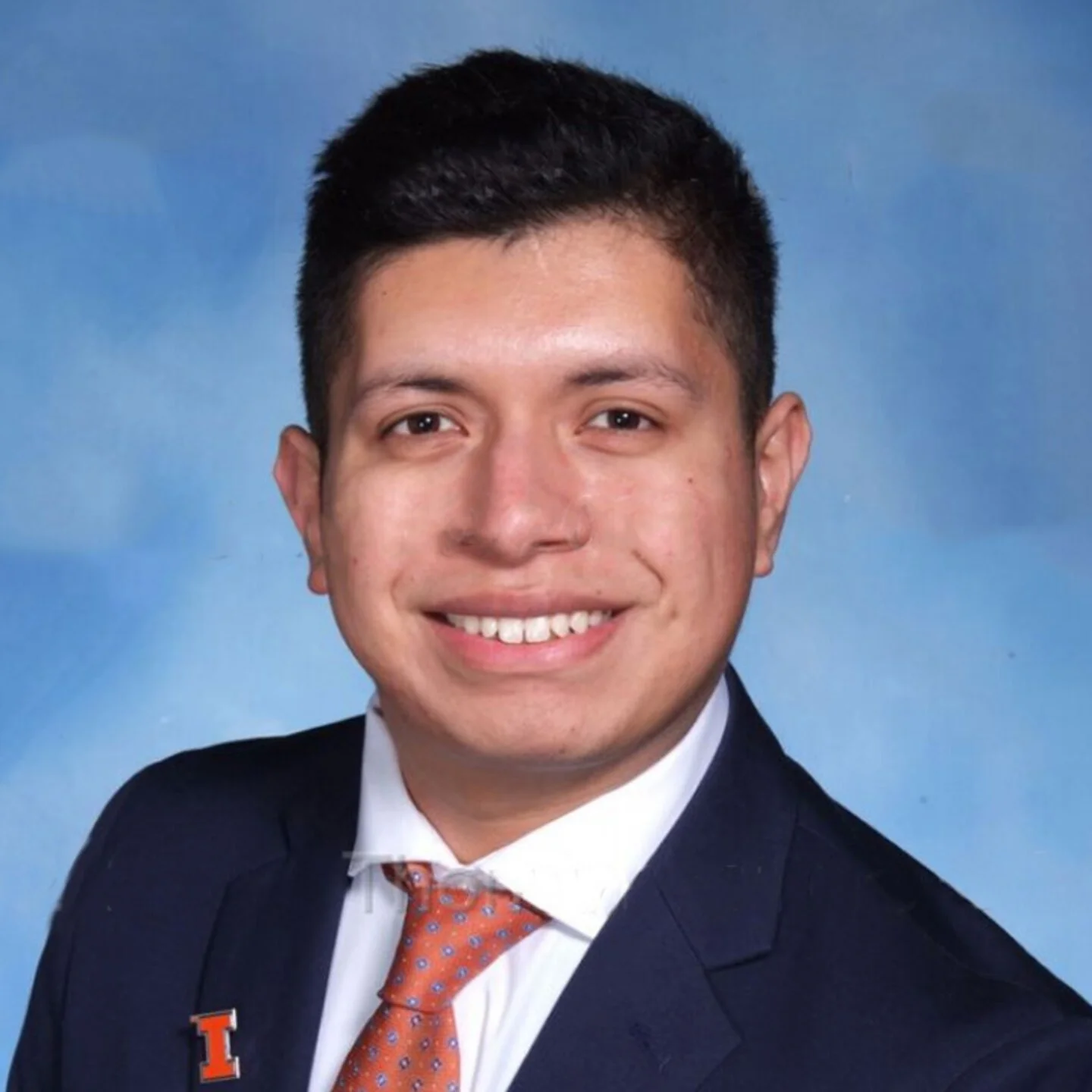The STAR-M Study is a research project to better understand sexual assault experiences among sexual minority men in the U.S., including cis and trans men and transmasculine people, to inform affirming prevention and response efforts. Almost half of sexual minority men experience adult sexual assault victimization in their lifetime, and as many as 30% of sexual minority men report lifetime adult sexual assault perpetration. Although rates of victimization and perpetration among sexual minority men are alarmingly high, even when measured over short periods of time, little research has examined risk and protective factors for adult sexual assault victimization or perpetration. This five-year project, which will be named by an advisory board, focuses on identifying those factors and is funded by a grant from the National Institutes of Health.
Advisory Board
The project will also be informed by an advisory board comprised of young adult sexual minority men from diverse racial and ethnic backgrounds, including people who identify as trans men and transmasculine, along with practitioners who work with this population across the U.S. Advisory board members will share experiences and ideas on how to use findings to enhance prevention and response efforts.
The advisory board is currently full, but if you would like to be considered if a spot opens up, please contact starmproject@umich.edu.
Study Details
Target population
The research will focus on young adult sexual minority (e.g., gay, bisexual) men, including trans men and individuals identifying as transmasculine, ages 18 to 30, from diverse racial and ethnic backgrounds. Researchers will recruit 3,200 sexual minority men from a geographically and racially diverse sample via online platforms and community-based agencies across the U.S.
Methods
Surveys: Participants will be asked to complete five online surveys over the course of two years.
Expected Impact
Findings will be used to create affirming and culturally grounded:
Prevention programs to reduce sexual assault perpetration.
Risk reduction programs to reduce sexual assault victimization.
Intervention initiatives to reduce adverse outcomes associated with sexual assault victimization.
Project Collaborators
This study is being led by researchers from the University of Nebraska–Lincoln, Mississippi State University and the University of Wisconsin-Milwaukee. The project will also be informed by an advisory board.




